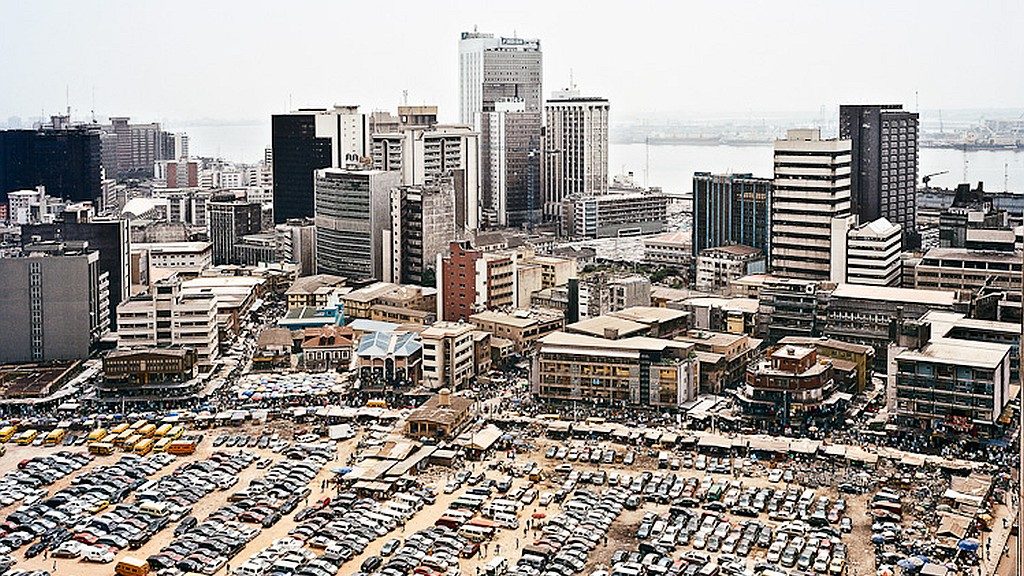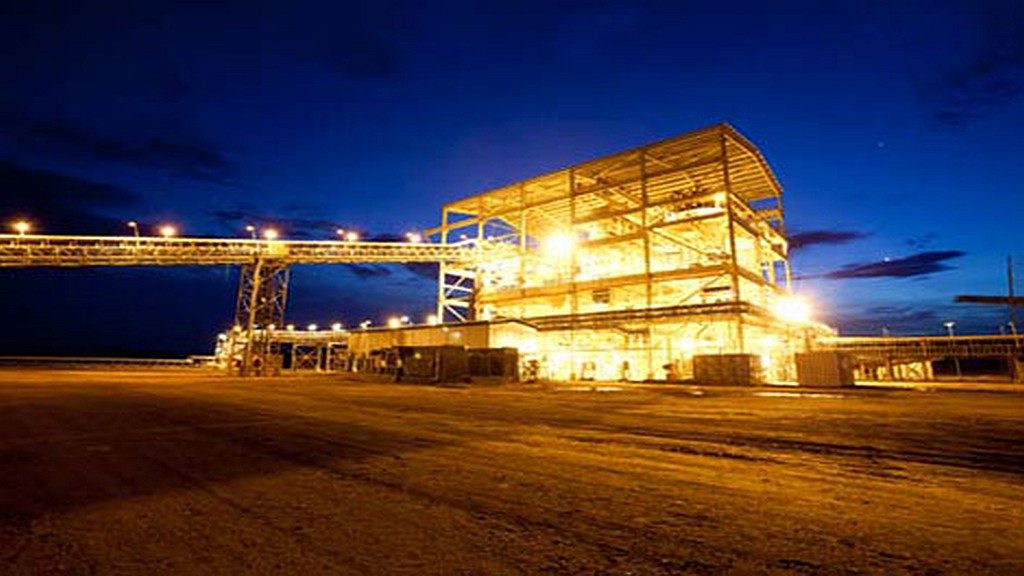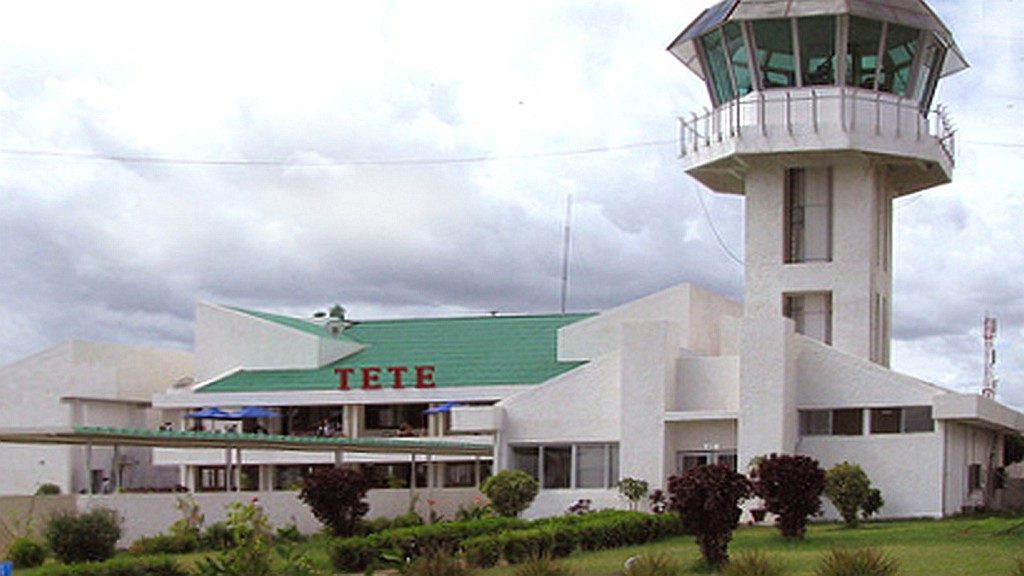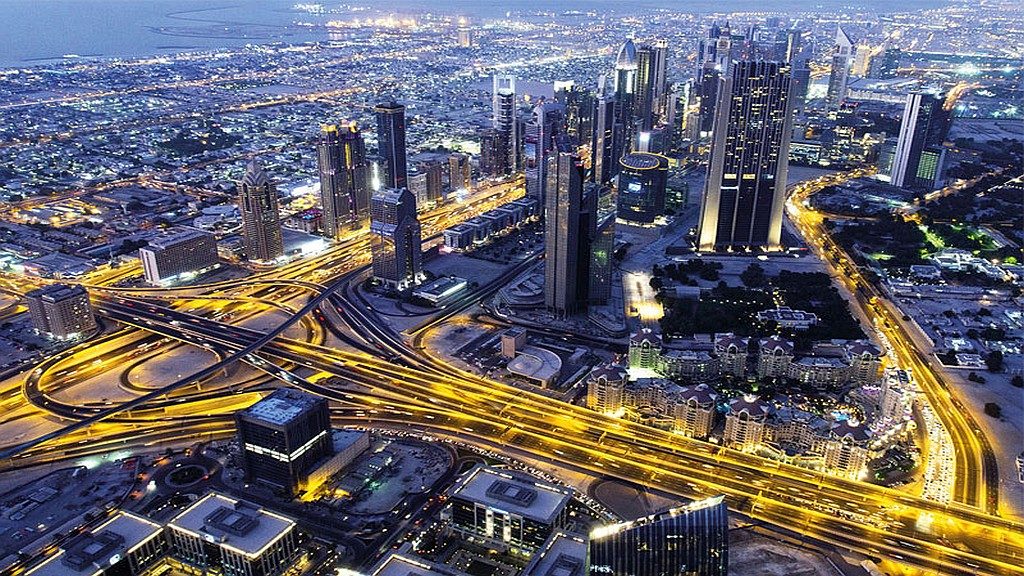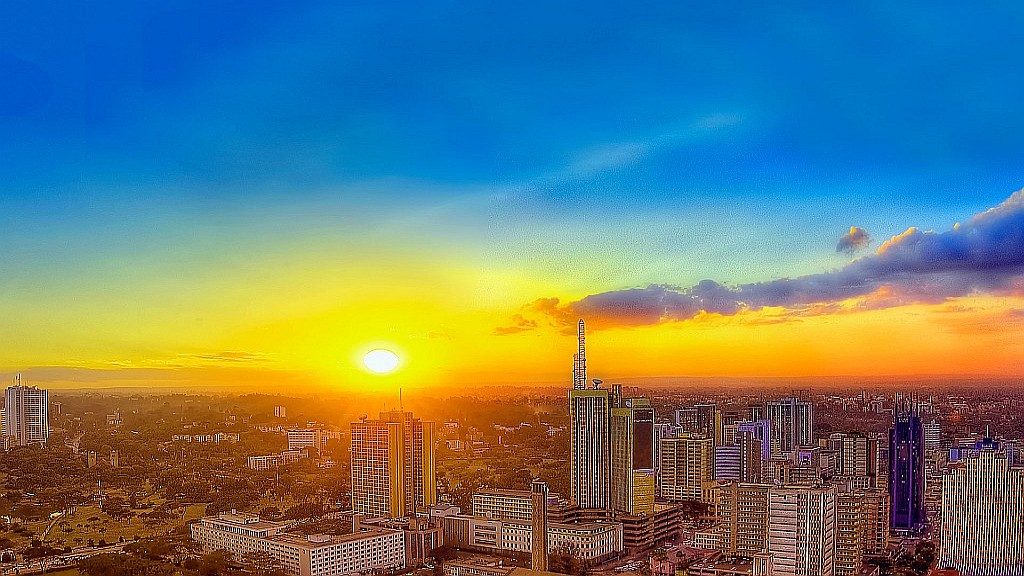Leider ist der Eintrag nur auf English verfügbar.
Alle Beiträge von Michael Patotschka
Mozambiques Kohlebergbau
The remote town of Tete, situated in the centre-west part of Mozambique, is the heart of the country’s new coal mining industry. The area around the town has some of the world’s richest coal reserves.
Rajat Kohli, Standard Bank’s global head of mining and metals, called it the world’s last substantial untapped coal reserve. “About 100 million tons per annum of coal could be produced within the next five years, and that figure could even go further,” he said at a conference last year.
Mining companies operating in Tete Province’s Moatize basin include Rio Tinto as well as Brazil’s Vale.
The coal mines are linked via rail to the port of Beira. Brazilian mining giant Vale has also announced plans to build a railway line from its Moatize mine to the north-western port of Nacala to export coal.
Tete is booming due to mining activity in the area. However, according to Abrahamse, the town has very few formal supermarkets and hotels, creating significant opportunities for more developments. Carlson Rezidor has announced that it will soon launch its new Park Inn by Radisson hotel in Tete.
Mosambik beschleunigt Zoll Abfertigung
„Centenary City“ für Hundertjahrfeier
Wirtschaftsboom in Angola
Angola is experiencing an unprecedented economic boom. In May 2008, the Organization of Petroleum Exporting countries (OPEC) confirmed Angola’s oil production at 1.9 million barrels per day. The growth in this industry has had substantial spillover effects, spurring investment in the financial services, construction, and agriculture sectors. According to the International Monetary Fund (IMF), Angola’s GDP grew by over 20% in 2007 making it Africa’s fastest growing economy and the fourth fastest in the world. New businesses are registering everyday, fostered by an environment of peace and stability in the country and a new private investment law, that has expanded incentives for investors. Although a majority of U.S. companies remain focused on the oil and gas sector, non-oil sectors have also seen an increased presence of U.S. companies.
 afric-Invest
afric-Invest